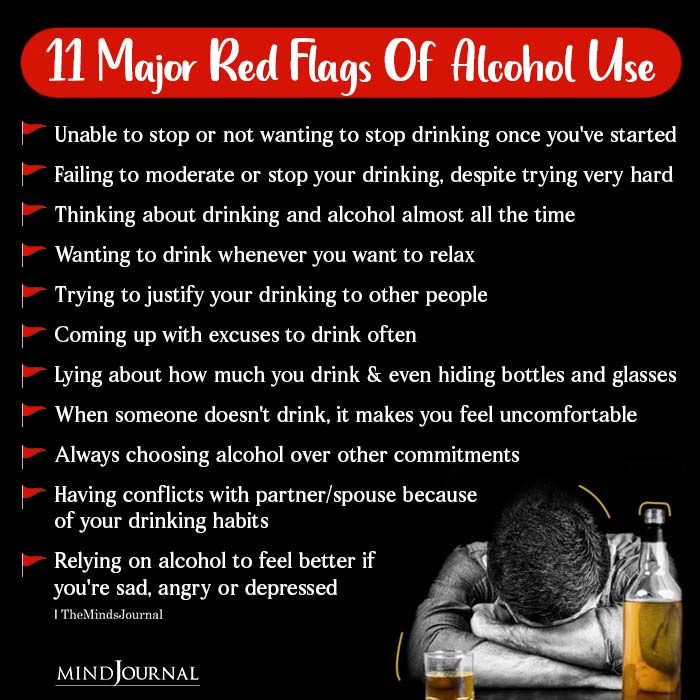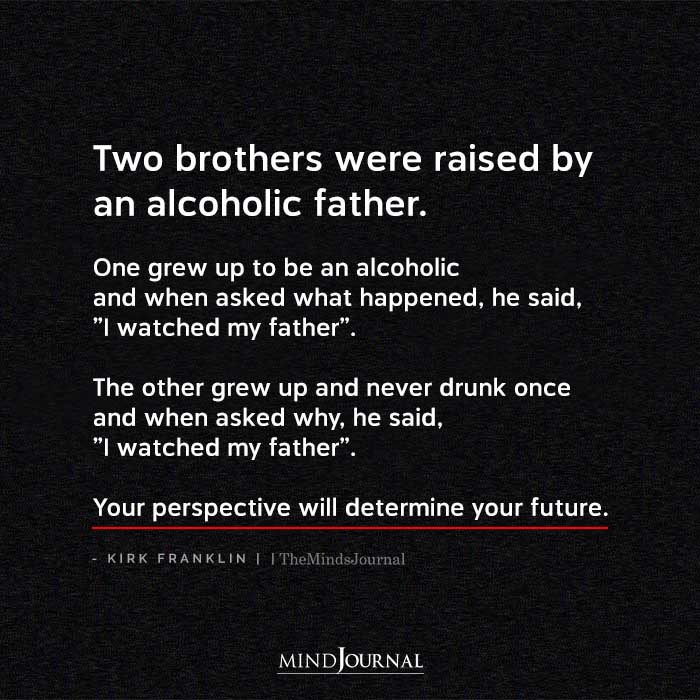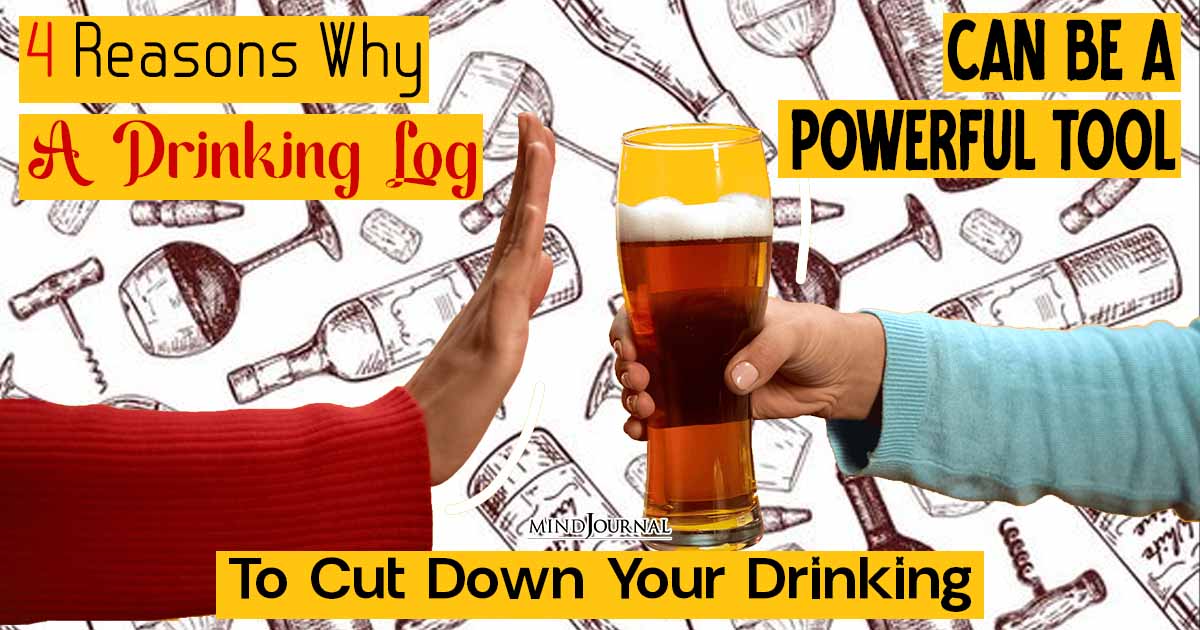When it comes to quitting alcohol or giving up alcohol, don’t expect to achieve that overnight. If your plan is to leave alcohol for good, then you need to do it in stages. There are 4 stages of quitting alcohol, if your goal is to stop drinking alcohol permanently and change your life for the better. So, are you ready to quit drinking alcohol?
My story started with my own decade-long love affair with alcohol. Alcohol was my favorite lover until it became an abusive partner. To let it go was painful, like out-growing any partner is.
I would swear to leave alcohol for good each morning and return to its arms every evening. I felt so much shame and guilt for my “weak-mindedness.” I was frustrated and scared. I thought there was something wrong with me.
For a very long time, I was miserable, even when I was able to stay abstinent for a while. Because the truth was, I loved and hated alcohol at the same time. I was often exhausted and defeated, and I was afraid that it would be how I would feel for the rest of my life.
It was only after I learned about how humans learn did I realize that my experience was perfectly normal, there was absolutely nothing wrong with me, and restoring peace and freedom is more than possible. Here, I want to share with you what I have learned.
Related: Cutting Down On Alcohol: 4 Steps To Curb Your Drinking
4 Stages of Learning
When we first left our mother’s womb, none of us had any skills. Little by little, we learned to walk, read, and drive. In the 1970s, Noel Burch, an American film theorist, proposed that to acquire any new skills, we go through four stages before we reach a place of “mastery.”
In this process, many emotions inevitably come into play – doubt, frustration, and exhaustion- all are part of the learning experience. To not drink alcohol, after years of drinking it, is a new skill.
Therefore, it’s nothing but normal for us to go through ups and downs and experience a wide range of emotions in the process.

Stage 1 Asleep – “I don’t know what I don’t know,”
Any learning starts with a stage of “I don’t know what I don’t know,” where a person is in a deep sleep without any conscious or unconscious awareness of a need to learn a given new skill. This is a place of blissful ignorance.
To help better understand this stage, think of the time when you were so young that you were perfectly content to be driven around by your parents, and the thought of driving a car yourself has not yet even crossed your mind.
In my story with alcohol, this is the time when I was perfectly happy with my relationship with alcohol. Subconsciously, I believed alcohol provided me with various benefits; consciously, I drank as much and as often as I felt like. There was no misalignment in my feelings toward alcohol, and I was blissfully ignorant of the need to learn not to drink.
Stage 2 Aware – “I know what I don’t know”
The second stage is the stage of “I know what I don’t know,” where a person becomes aware of a need to learn a new given skill. Yet they are not fully awake at this stage and therefore are incapable of making the desired change.
In this stage, blissful ignorance is replaced by discomfort, frustration, and even agony. This was when you started to desire the freedom of driving around but was either too young to get your learner’s permit or didn’t have the resources to learn to drive.
In my story with alcohol, I started to consciously become aware of the harm that alcohol has on multiple areas of my life, yet subconsciously, I continued to believe that alcohol provides me with certain benefits.
A misalignment started to form – part of me thought I needed to consider a change, yet another part of me wanted to hold onto my old “friend” badly. I’ve arrived at the second stage of learning not to drink, frustrated by the painful dilemma.
Related: Does Drinking Really Help You Relax?
Stage 3 Awake – “I know what I know”
The third stage is the stage of “I know what I know,” where a person has become fully awake to the need to learn a new skill and start to take action. Here, frustration and agony are slowly replaced by conscious effort and self-discipline.
A person may feel exhausted at times due to the amount of mental energy from maintaining the task at hand.
This is the period when you first got onto the road, consciously juggling with keeping your eyes on the road, remembering gas versus break, and trying to pay attention to what is happening around you.
In my story with alcohol, I was now able to not drink, even achieve some success with complete abstinence. Yet I continued to deal with the nagging feelings of missing out, being deprived, and sometimes just flat-out miserable.
In this stage, although I was able to outwardly and consciously change my behavior around alcohol, inwardly and subconsciously, my old beliefs about alcohol were left untouched.
Due to the misalignment between my subconsciousness and consciousness, making a choice not to drink continues to require conscious effort and willpower. Although I was able to develop skills to refrain from giving in to my cravings, the desire remained, and I was often mentally exhausted.

Stage 4 Alive – “I can forget what I know”
The last stage is the stage of “I can forget what I know,” where the new skill has become alive, takes on a life of its own, and requires little to no conscious mental effort on your part.
This stage is also what we call “mastery,” where the new behavior has become alive, and your attention is freed up and available to be directed elsewhere. This is where driving has become automatic for you.
Now you can chat, listen to music, and even make a mental to-do list while safely driving from work to home. The skill of driving has reached mastery and demands no conscious effort.
In the story of alcohol, not drinking has become second nature and requires no mental effort most of the time. The old beliefs about alcohol are replaced by a new set of beliefs. On the conscious level, I am not drinking; and on the subconscious level, I no longer believe alcohol has much to offer.
The misalignments between the subconscious and the conscious are dissolved, and peace is restored. The new skill of not drinking becomes alive and automatic, “drink or not drink” becomes a small and irrelevant question, and freedom is reclaimed.
If you are curious about changing your relationship with alcohol, grab my free 30-Day Toolkit and start to cut down on drinking today. May you find peace, joy, and true freedom from alcohol.
Want to know more about quitting alcohol? Check this video out below!
References:
Four stages of learning
https://www.ncbi.nlm.nih.gov/pmc/articles/PMC4675408/#:~:text=The%20Stages%20of%20Competence%20model%20(figure%201)%20was%20introduced%20by,Noel%20Burch%20in%20the%201970s.&text=Similar%20to%20the%20Situational%20Leadership,conscious%20competence%2C%20or%20unconscious%20competence. https://movementum.co.uk/journal/competence
Written By Jeanette Hu









Leave a Reply